How to wash off the pesticide residues on fruits and vegetables? Teach you a few tricks. It's healthy to eat this way.
Now, 99% of agricultural products have used pesticides in varying degrees in the production process. Due to the short growth period and the occurrence of many insect pests, most of the fruits and vegetables are overdosed, and many pesticides are left on the surface of vegetables and fruits, resulting in pesticide residues exceeding the standard.

Administer medicine
How to remove Pesticide residues on the Surface of vegetables and fruits
1. Radish, carrot, root vegetable, although the outer skin has a better nutritional value, but because the residual toxicity of underground pesticides is often high, it is recommended that we eat after peeling.
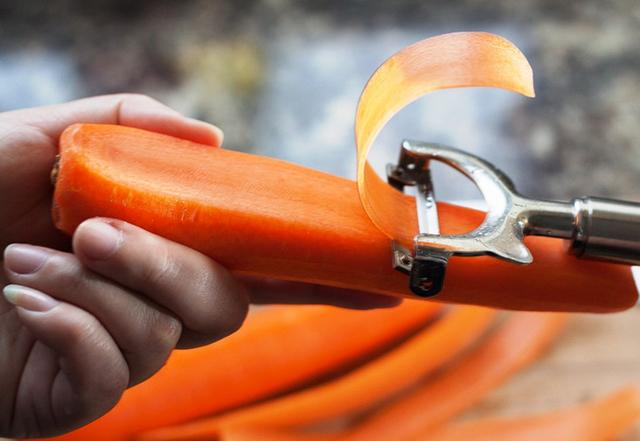
Carrot
two。 Wash spinach, Chinese cabbage, oil wheat, celery, coriander and other leafy vegetables with clean water or salt for about 10 minutes, then add a spoonful of salt and rinse again to remove residual pesticides.
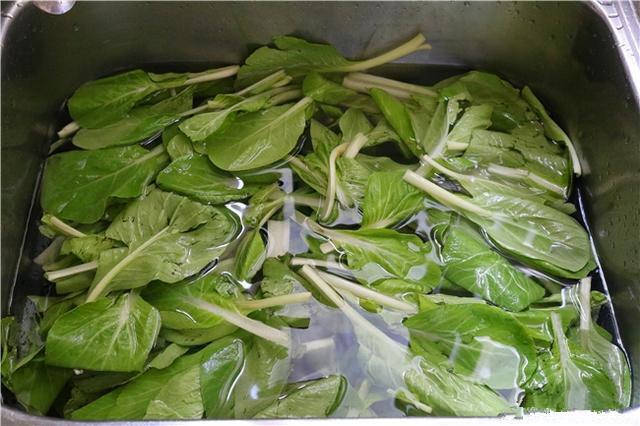
Vegetables
3. Cabbage, Chinese cabbage and cauliflower must be cut before eating, soak in clean water for 1 hour or 2 hours, and then rinse with clean water to remove most of the pesticides.
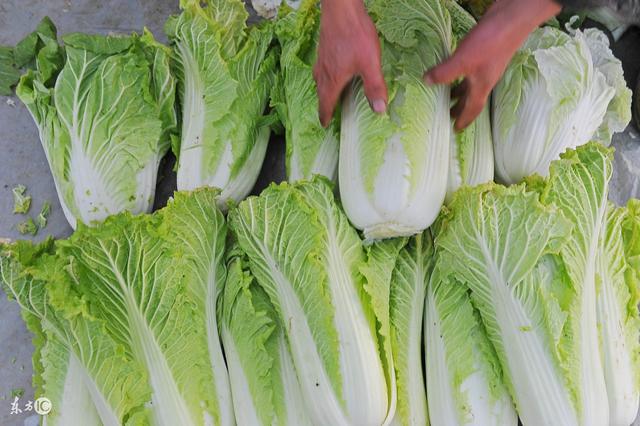
Chinese cabbage
4. Soaked in alkaline water, most organophosphorus pesticides are acidic and can be quickly decomposed in alkaline environment. First put a small spoonful of alkali powder in the water, stir well, then put in the vegetables, soak for five or six minutes, and rinse clean with clean water.
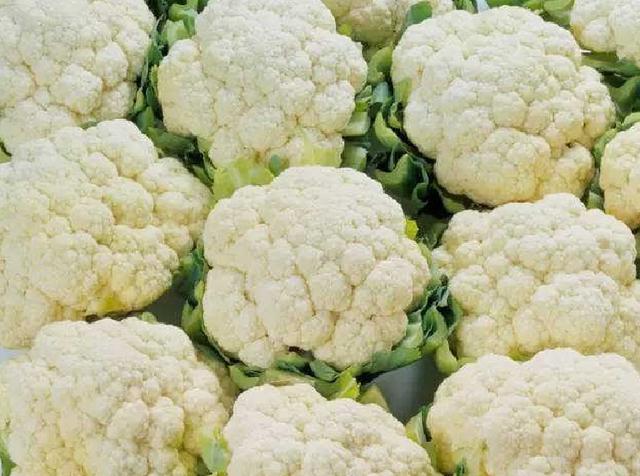
Cauliflower
If there is no alkali powder, you can use baking soda instead, but to extend the soaking time, it will take about 15 minutes.
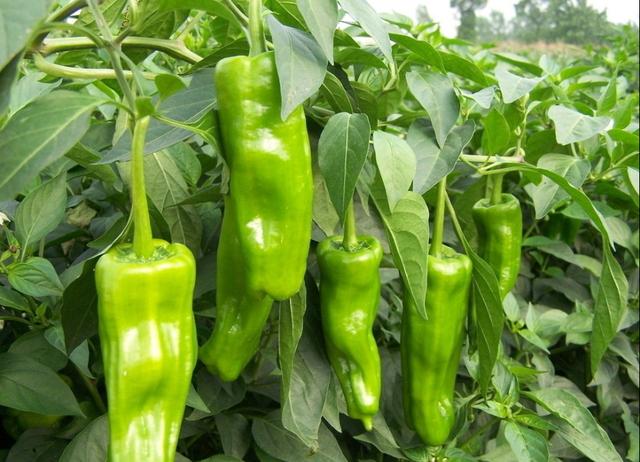
Green pepper
5. Scald with boiling water, green pepper, cauliflower, beans, celery, etc., wash with clean water first, scald with boiling water for two to three minutes before stir-frying, and then rinse with clean water once or twice, you can remove more than 90% of pesticide residues.
Celery
For some storage-resistant vegetables, they can be stored to reduce pesticide residues. Such as tomatoes, potatoes and cauliflower stored for a week, wax gourd, pumpkin and other non-perishable generally should be stored for more than 10 days, will not affect the nutritional value.
white gourd
Click "learn more" for free agro-technical questions and answers
- Prev
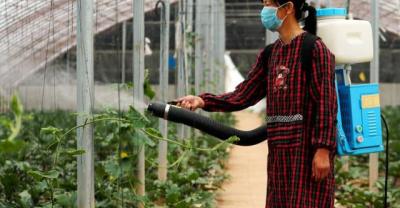
Do I need to use a vegetable cleaner? 3 facts about pesticide residues that you can't know
In recent years, there is often a problem of pesticide abuse in the agricultural field, so that many people are worried that the vegetables and fruits they buy have pesticide residues.
- Next
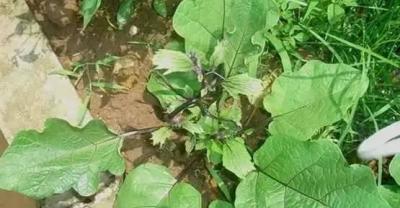
Pesticides, fungicides and root irrigation do this! The proportion of the dosage should be accurate.
It is winter now, with the low temperature and high humidity in the shed, the diseases and insect pests of crops are increasing, and the root diseases of crops are one of the important ones. To prevent and cure.
Related
- Fuxing push coffee new agricultural production and marketing class: lack of small-scale processing plants
- Jujube rice field leisure farm deep ploughing Yilan for five years to create a space for organic food and play
- Nongyu Farm-A trial of organic papaya for brave women with advanced technology
- Four points for attention in the prevention and control of diseases and insect pests of edible fungi
- How to add nutrient solution to Edible Fungi
- Is there any good way to control edible fungus mites?
- Open Inoculation Technology of Edible Fungi
- Is there any clever way to use fertilizer for edible fungus in winter?
- What agents are used to kill the pathogens of edible fungi in the mushroom shed?
- Rapid drying of Edible Fungi

